|
“In the midst of every crisis lies great opportunity”
Albert Einstein
I’m certainly no Einstein, but even I can see the coronavirus crisis presented a unique opportunity for The Conversation Canada. April was our most successful month ever, with a combined audience of 4.6 million for our French and English publications – that’s a 30-per-cent increase over March. Our monthly average readership in 2020 is also 75 per cent higher than in 2019. Readers have shown an insatiable appetite for evidence-based news and analyses on the greatest public health crisis of our lifetime. Our unique model means all of our authors are researchers and academics who have expertise in the area they’re writing about. Another important part of the model is our team of talented editors who help the academics shape their work so it can be enjoyed by a non-academic audience.
Our editors have been working all out since the beginning of the coronavirus lockdown – we published more stories in April than any previous month. And like many of you, they’re working from home – a situation that can present unique challenges. Several of our editors have young children, meaning they’re spending part of their days acting as substitute teachers. One lives alone in a relatively small apartment, making self-isolation even more isolating. One had to bring her daughter to the hospital for a suspected broken arm (luckily, it wasn’t). One has been looking in on an elderly aunt who’s isolated in a rural community. Another is furiously sewing face masks for friends and family when she’s not at the keyboard editing. And even a plumbing emergency didn’t stop us – one editor’s toilet began leaking and needed to be replaced immediately, something that’s not easy to arrange during a
social lockdown.
As I look back on this unprecedented month, I have assembled a collection of our most-read stories in April. They’re a tribute to the many authors we work with and to our talented team of editors who help shape the articles for the most important part of our success story – you, the readers. Thank you.
Have a great weekend and we’ll be back in your Inbox on Monday.
|
Our most popular stories from April
|
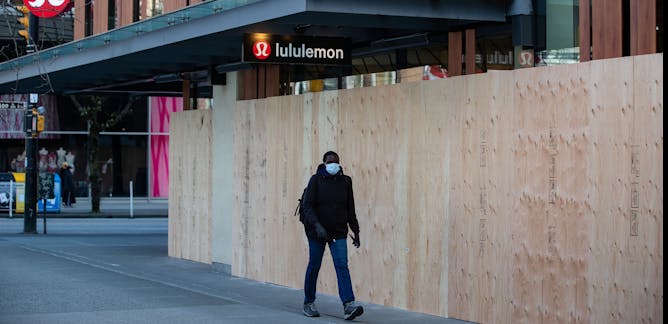
Catharine Chambers, University of Toronto
Canadians are living under a states of emergency, coping with a limping economy and social distancing as well as the stress of the pandemic itself. Many might be asking: when will it end?
| |

Marc-André Argentino, Concordia University
QAnon refers to the online community that believes in conspiracy theories about Donald Trump and the so-called deep state, and is spreading harmful misinformation about COVID-19.
|
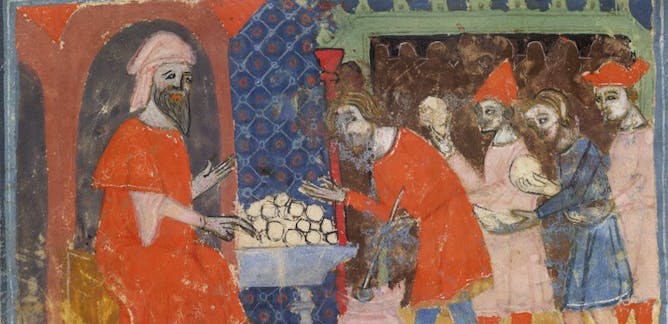
Hanna Tervanotko, McMaster University
People have always searched for meaning in their misfortunes. It can be comforting to believe that things happen for a reason and something can be learned in chaotic situations.
| |
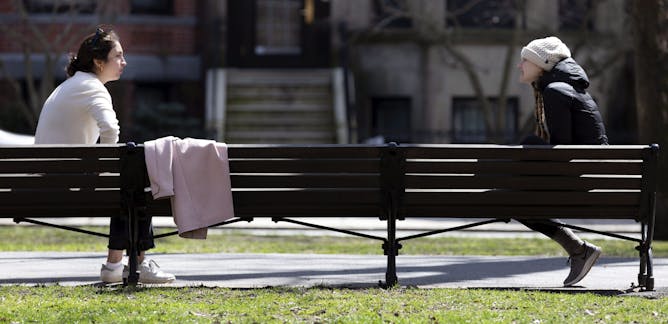
Catharine Chambers, University of Toronto; Daniel Harris, University of Toronto
We've been social distancing for weeks now. Are seemingly low-risk social activities OK? The short answer is no.
|

Lori L. Burrows, McMaster University
Antimicrobial resistance is a public health and economic disaster waiting to happen. If we do not address this threat, by 2050 more people will die from drug-resistant infections than from cancer.
| |
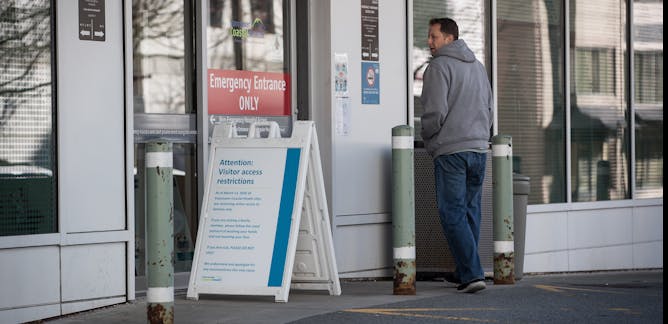
Anatoliy Gruzd, Ryerson University; Philip Mai, Ryerson University
Hospitals have requested that people avoid non-emergency visits, and conspiracy theorists are posting images of empty parking lots online as false proof that COVID-19 is an elaborate hoax.
|

Michael Wallace, University of Waterloo
Tim Hortons changed Roll up the Rim to include a digital element. A statistician correctly predicted that playing on the last day of the contest would dramatically increase the odds of winning.
| |

Atif Kubursi, McMaster University
Alberta oil is the collateral damage of the oil war between Russia and Saudi Arabia, with COVID-19 launching an additional attack. The province's oil industry will struggle to recover.
|
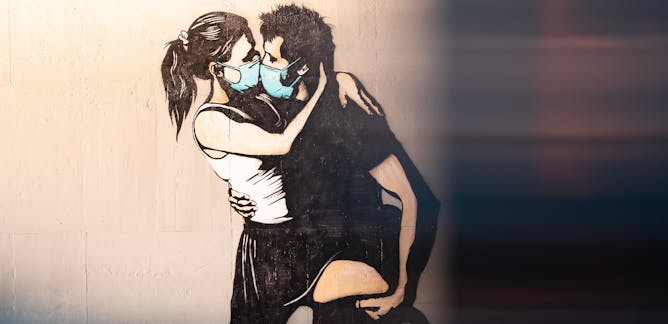
Gonzalo R. Quintana Zunino, Concordia University
L'activité sexuelle peut présenter des risques de transmission de la Covid-19. Un expert explique comment la prévenir et vivre sa sexualité sereinement en ces temps troubles.
| |
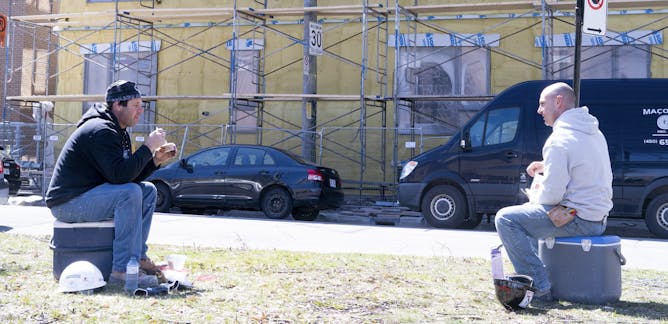
Joris Arnaud, École nationale d'administration publique (ENAP); Julie-Maude Normandin, École nationale d'administration publique (ENAP); Marie-Christine Therrien, École nationale d'administration publique (ENAP)
Il ne faut plus parler de distanciation sociale, mais de distanciation physique tout en restant connectés socialement.
|
|
|